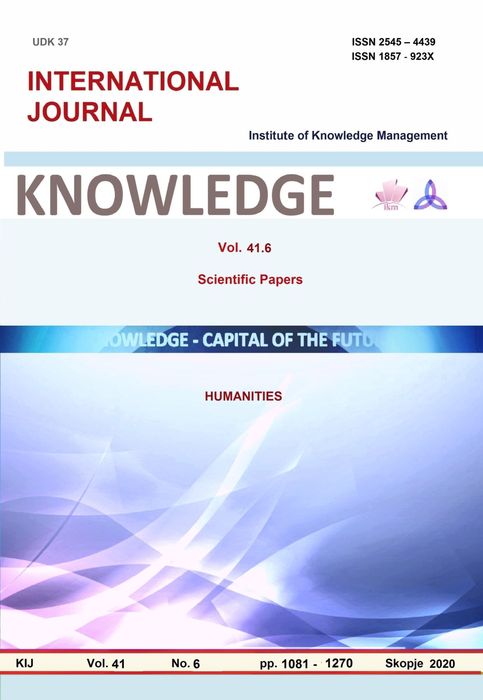SYNTACTIC FEATURES IN ORAL MEDICAL DISCOURSE
SYNTACTIC FEATURES IN ORAL MEDICAL DISCOURSE
Author(s): Albena DobrevaSubject(s): Theoretical Linguistics, Syntax
Published by: Scientific Institute of Management and Knowledge
Keywords: medical discourse; doctor–patient interview; syntax; interrogative sentences
Summary/Abstract: The present article is devoted to the topic of the syntax of authentic medical consultations led in Bulgaria. The most prominent features typical of this type of communication were singled out. In particular, it is worth pointing out the use of reduced general questions, syntactic and dialogical repetitions. Patients often recourse to syntactic repetitions: in the majority of cases such a tool is used to influence the doctor and to emphasize the facts and symptoms that cause apprehension in patients. The subject of the present study are the syntactic characteristics of the speech production of the medical specialist. The object is the discourse of doctor-patient communication. The goal of the study is to identify the syntactical specificities of the interview between the doctor and the patient and the roles which they play from the point of view of functional stylistics. In order to achieve the goal of the study, the following objectives are fulfilled: Recording the doctor-patient communication; Analysis of the speech production of the medics; Systematizing the conclusions. The study shows that from the point of view of syntax, the speech production of doctors exhibits incomplete (reduced) questions, syntactic repetitions and dialogical repetitions. The actuality of the topic ―doctor-patient communication‖ is determined by the social attitudes within modern society as well as by the professional need for medical specialists to discuss various health-related topics while communicating with patients and their relatives, in order to influence them through speaking to cooperate in the process of treatment. The medical interview is the most universal diagnostic and therapeutic instrument of the medical practitioner. However, interviewing is also one of the most difficult clinical skills to master. The requirements towards the doctor are intellectual as well as emotional. The analytical skills for diagnostic reasoning need to be balanced with personal skills necessary for the establishing of a connection with the patient and facilitating communication.
Journal: Knowledge - International Journal
- Issue Year: 41/2020
- Issue No: 6
- Page Range: 1137-1140
- Page Count: 4
- Language: Bulgarian

